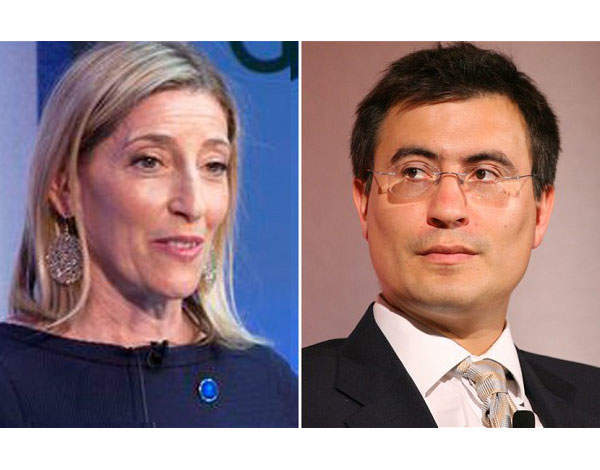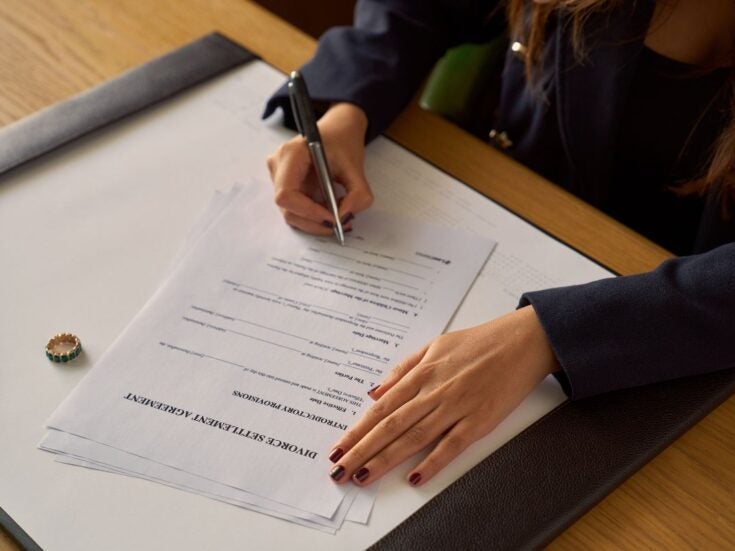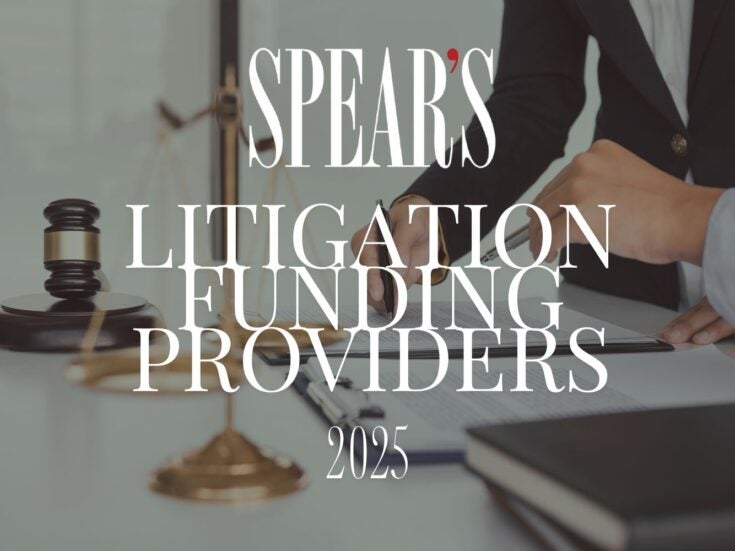

The divorce of hedge fund manager Christopher Hohn and his wife Jamie Cooper-Hohn, which is due to be heard over ten days commencing on 30 June, may well result in the UK’s biggest ever financial settlement on divorce.
Mr Hohn is the founder of The Children’s Investment Fund (TCI) and the parties’ assets are said to be worth in excess of £1.2 billion. As well as the size of the potential settlement, the case also raises a number of wider legal issues including how you value assets and how the outsize contribution of one partner to the couple’s wealth is recognised.
First, the question of value. The use of expert valuation evidence was considered at a preliminary hearing on 18 June. The parties dispute the value of a number of subsidiary companies owned by Mr Hohn which he values at around £64 million, whereas Mrs Cooper-Hohn argues that they were in fact worth as much as £470 million. Mrs Cooper-Hohn sought to include her own expert valuation report added to trial evidence.
At a previous hearing Mr Justice Coleridge had said that some assets can’t be included in the valuation of Mr Hohn’s worth because they depend on his involvement in the business and the value is speculative. Mrs Cooper-Hohn appealed this decision to Lord Justice Ryder in the Court of Appeal.
Mrs Cooper-Hohn acknowledged that Mr Hohn played an important role, but argued that he does not act alone and the existence of a performance bonus pool of £26 million for other employees showed their importance to the business. She did not accept that if her husband walked away from the business there would be nothing left, whereas Mr Hohn’s lawyers compared him to a professional athlete who forms a company to exploit his skill and talent and hires a trainer, coach, physiotherapist and other support staff. They claimed that without Mr Hohn, there is no business.
Lord Justice Ryder refused to allow the expert report obtained by Mrs Cooper-Hohn as evidence at the upcoming hearing on the basis that it could only be hypothetical and would be neither relevant nor necessary.
This case highlights the difficulty in instructing a single joint expert to value assets when the parties’ opinion of the value is so widely disparate, as each party inevitably will wish to challenge the expert’s view, especially if the expert has accepted an argument about a particular contribution of one party and the effect of this on the asset’s value.
The issue of one party making a particular contribution to a couple’s finances is not limited to ascertaining the value of assets. Ultimately, the court will need to consider the appropriate distribution of assets between a couple when one party may have made an outstanding or ‘stellar’ contribution to the marriage, set against the principles of fairness and equality between the parties laid down in the case of White v White.
White v White, decided in 2000, was the landmark case which established the concept of equal sharing as the starting point for financial settlements between a wealthy divorcing couple, irrespective of one party’s role as the breadwinner and the other party’s role as the homemaker.
Fourteen years later, there have been exceptions to this rule, such as the case of Charman in 2007 where the husband retained 62 per cent of the assets after a 30-year marriage due to his ‘special contribution’. It was made clear in Charman, however, that a high level of wealth was not sufficient reason alone to depart from equality: there must be a quality to the contribution to justify such a departure as the exception, not the rule.
Mrs Cooper-Hohn is seeking 50 per cent of the couple’s assets whereas Mr Hohn argues that due to his special contribution she should only receive 25 per cent. Mrs Cooper-Hohn’s lawyers have indicated that if the special contribution argument is accepted by the court this would reduce her award to between 33 and 45 per cent, still likely the largest settlement in British legal history.
Emma Collins is a partner in the family and private client team at Weightmans LLP







